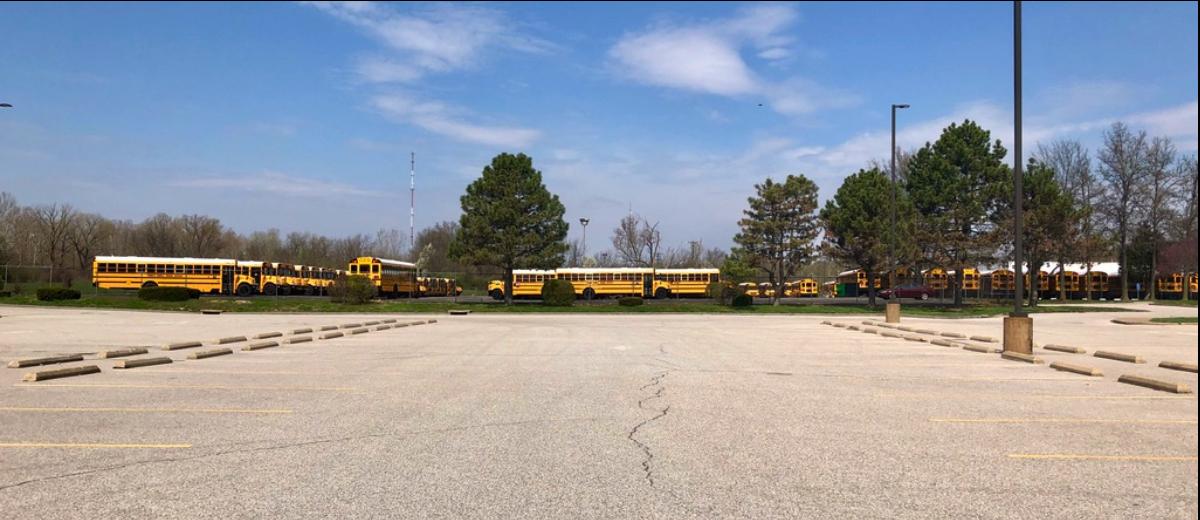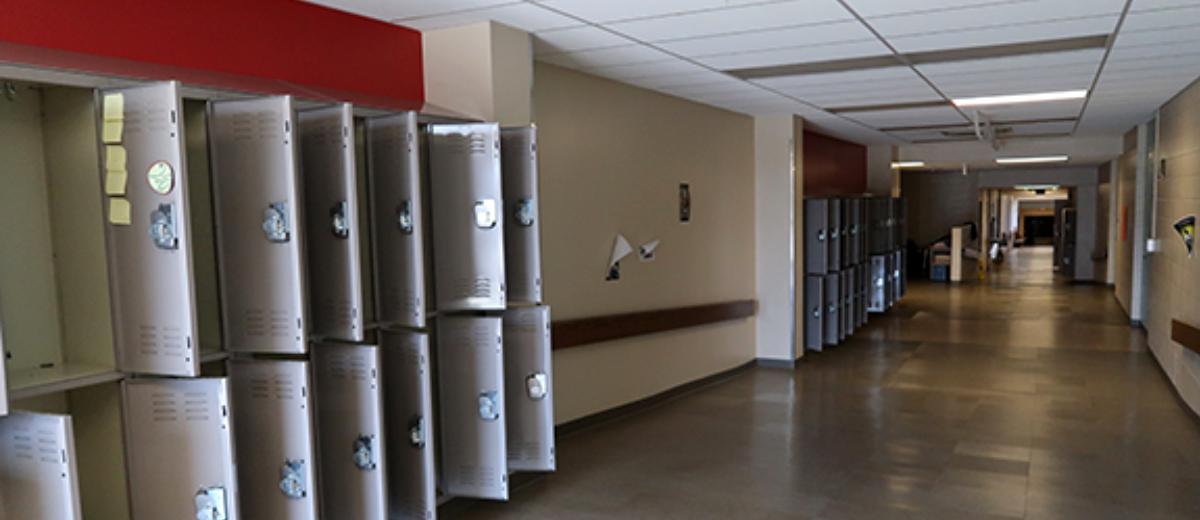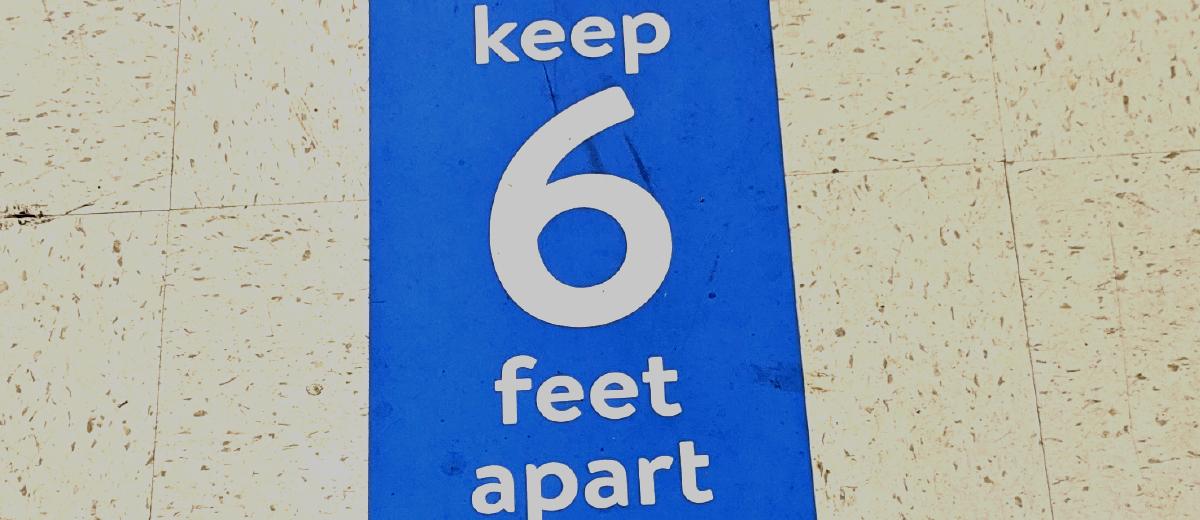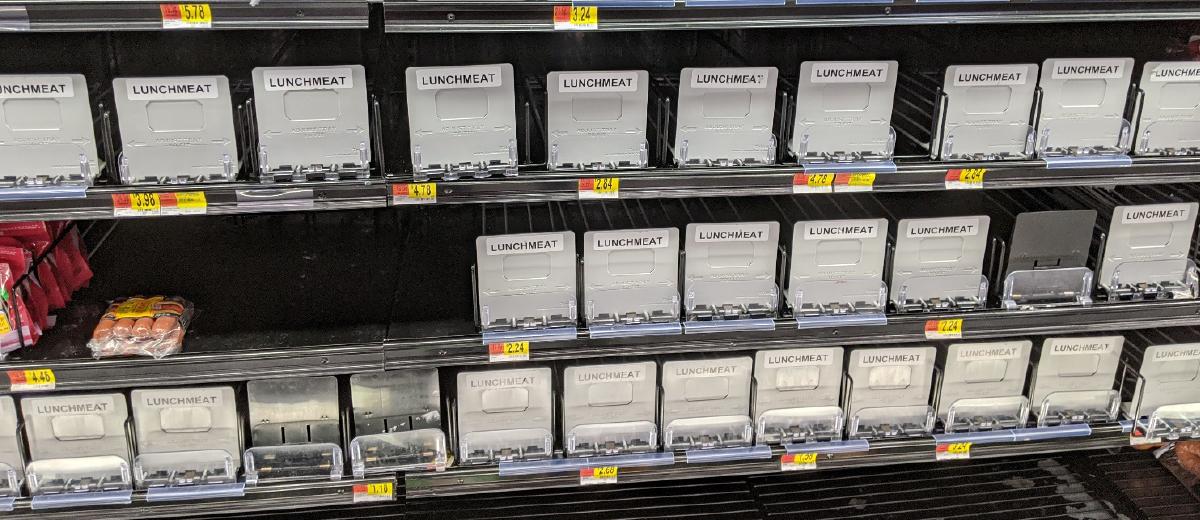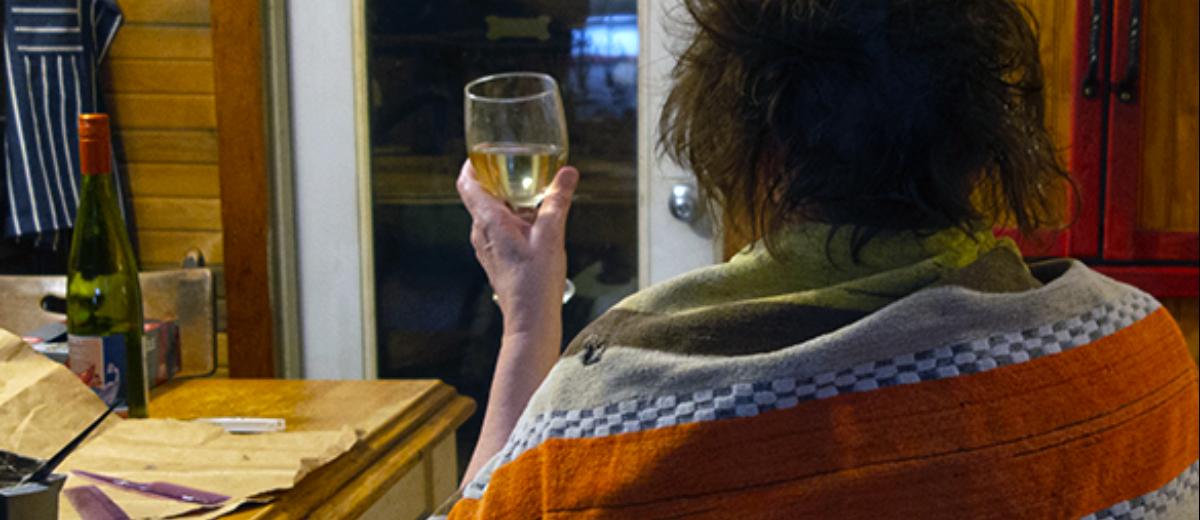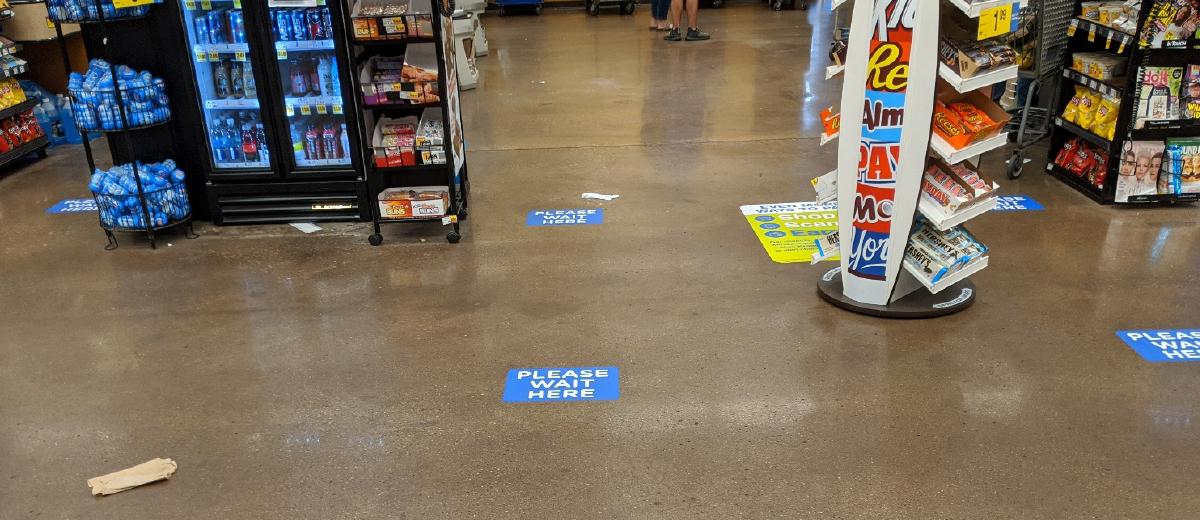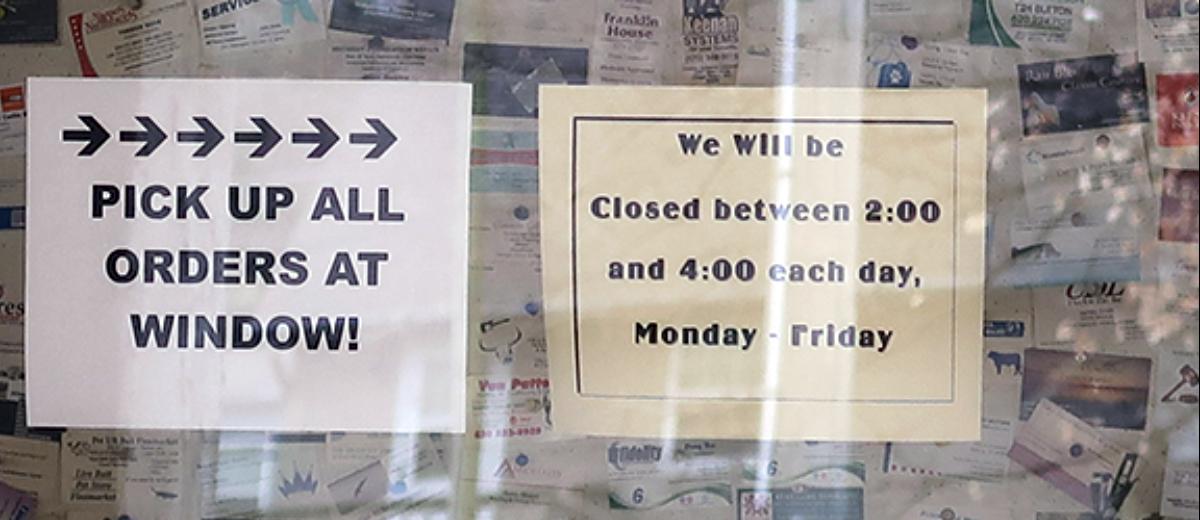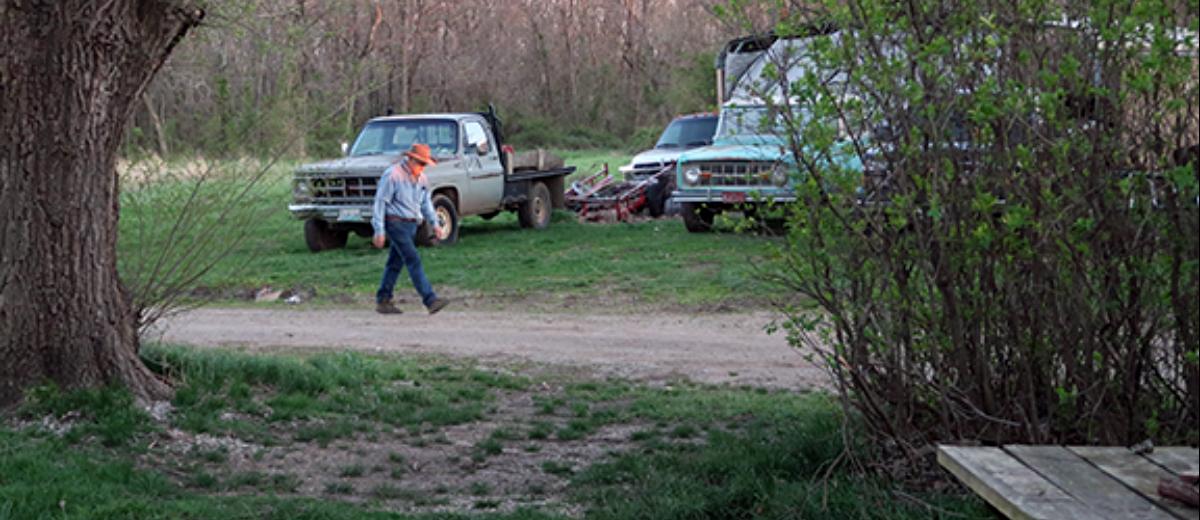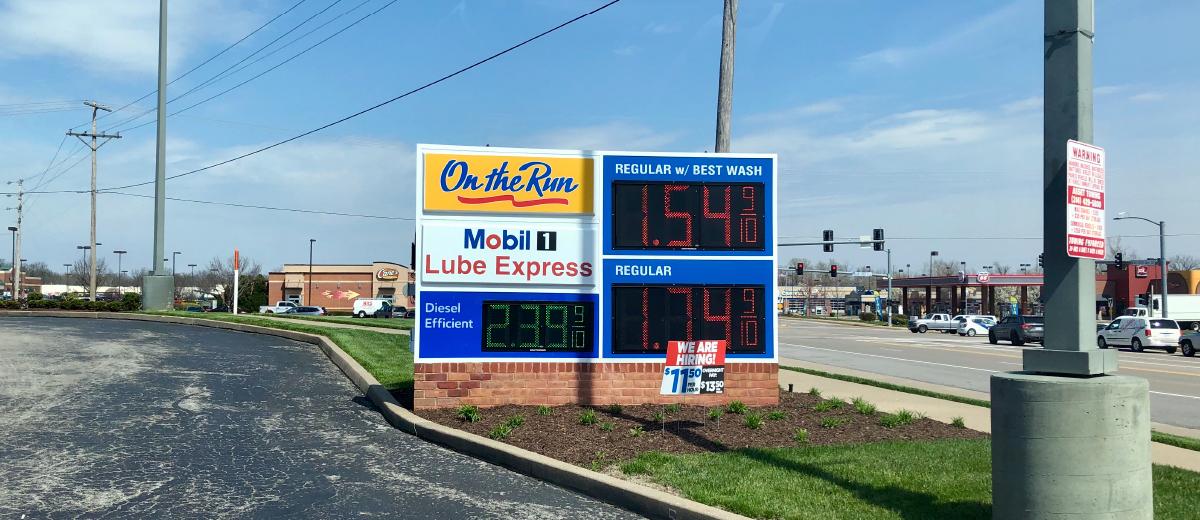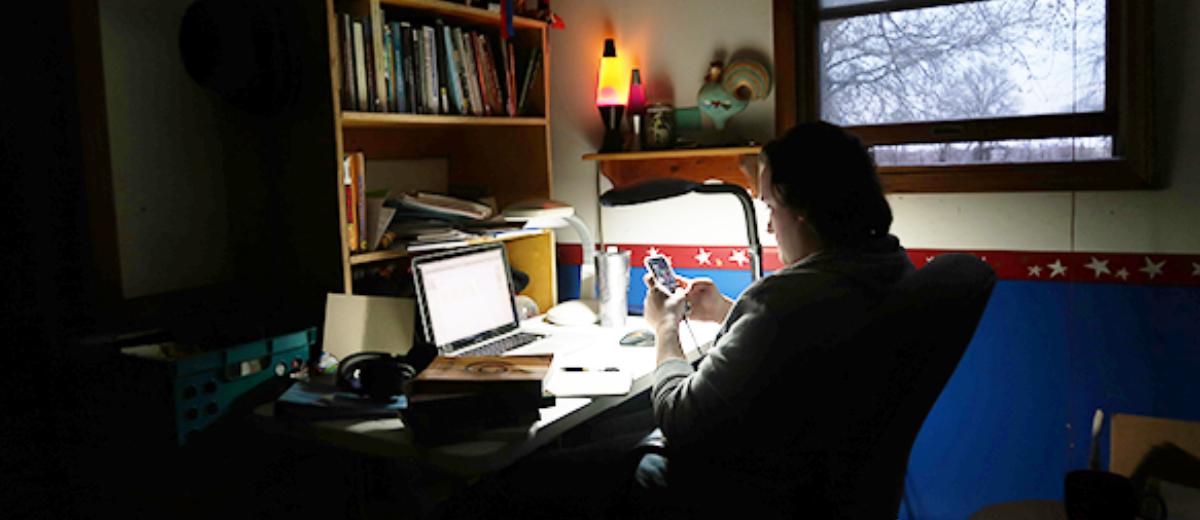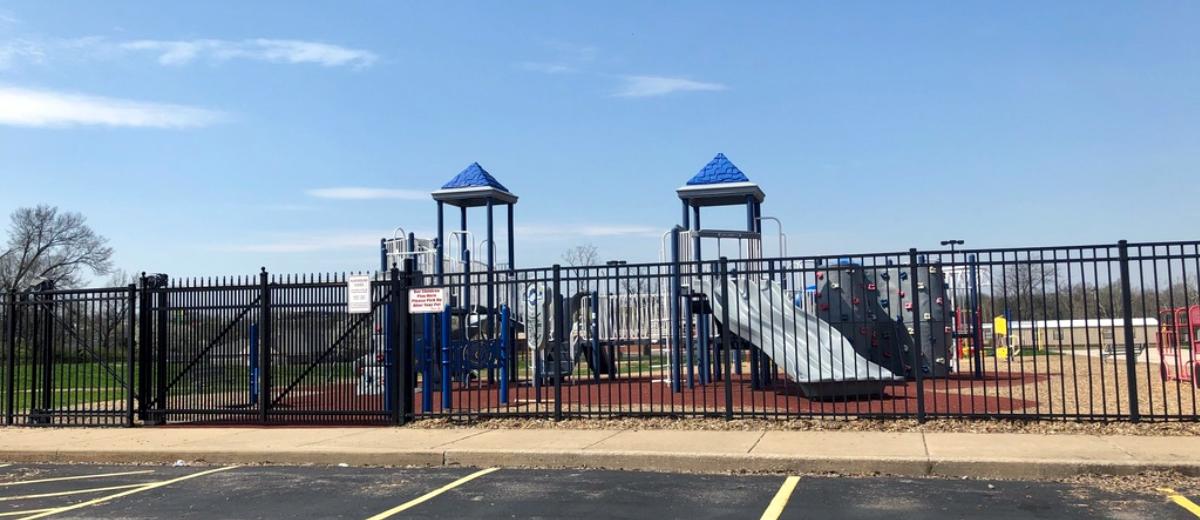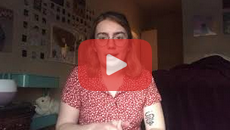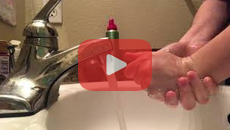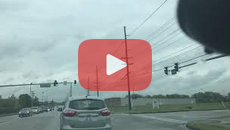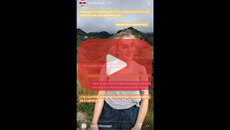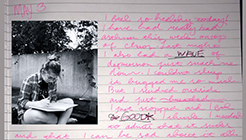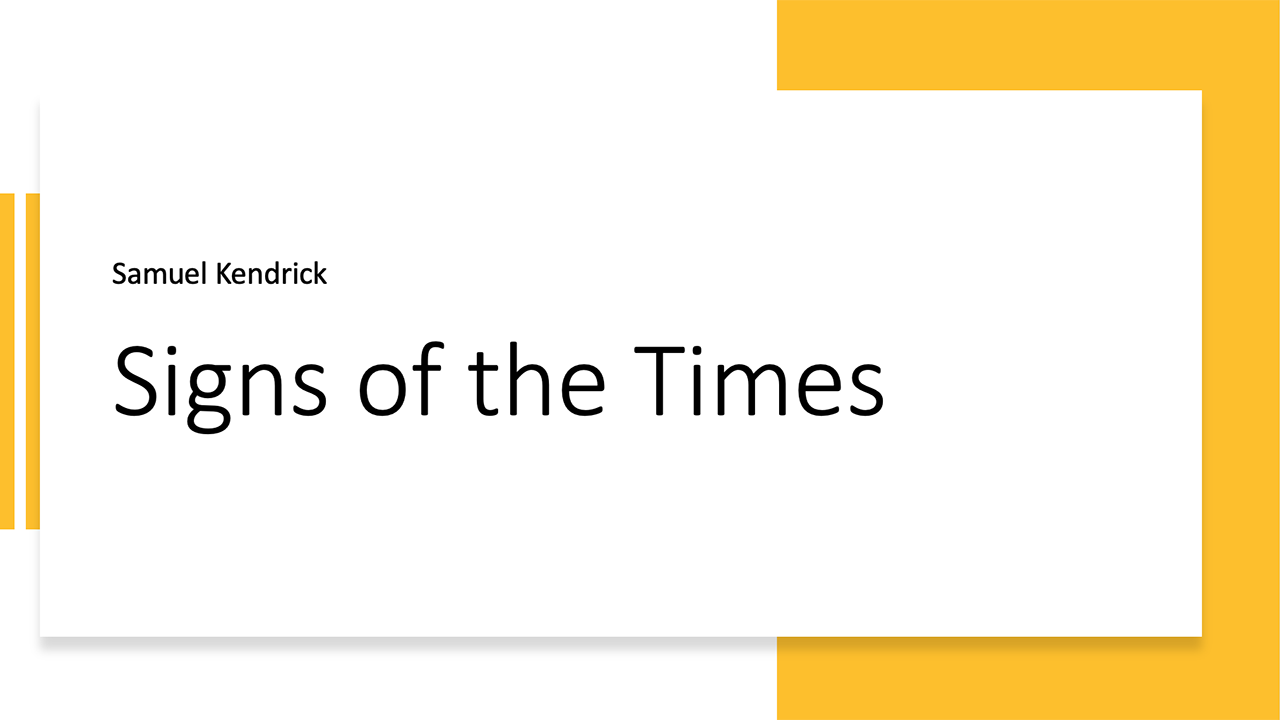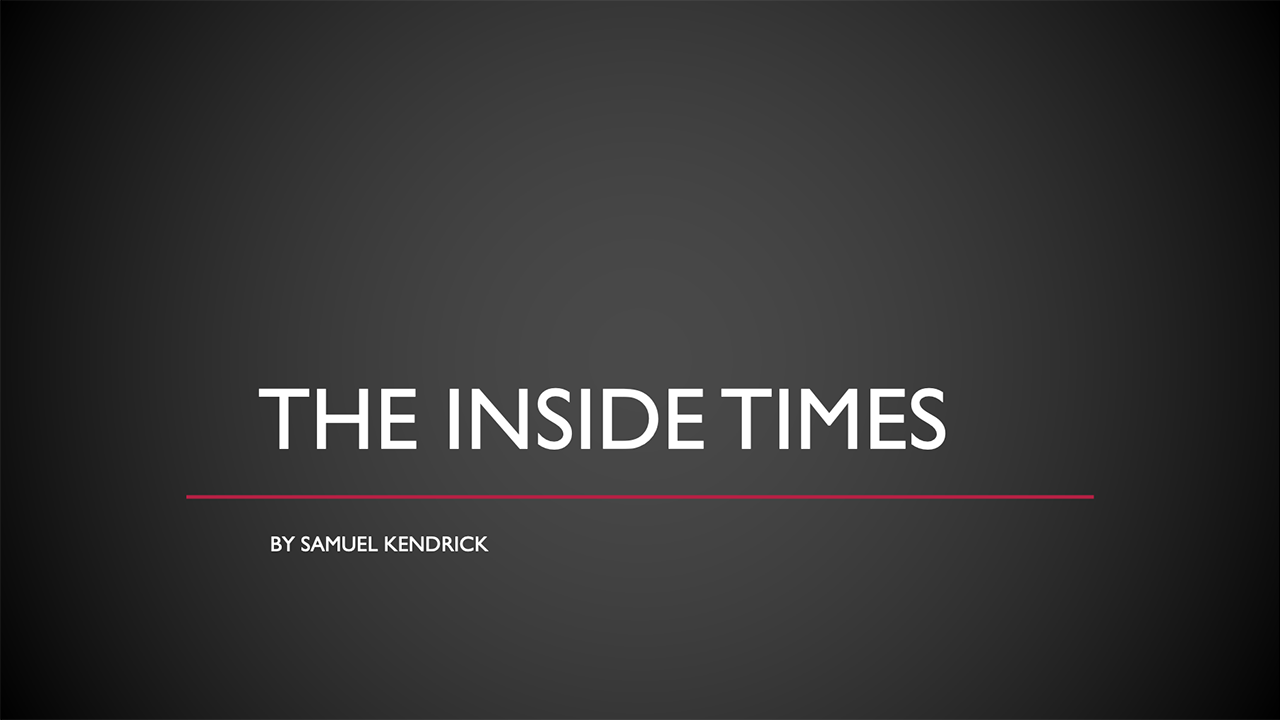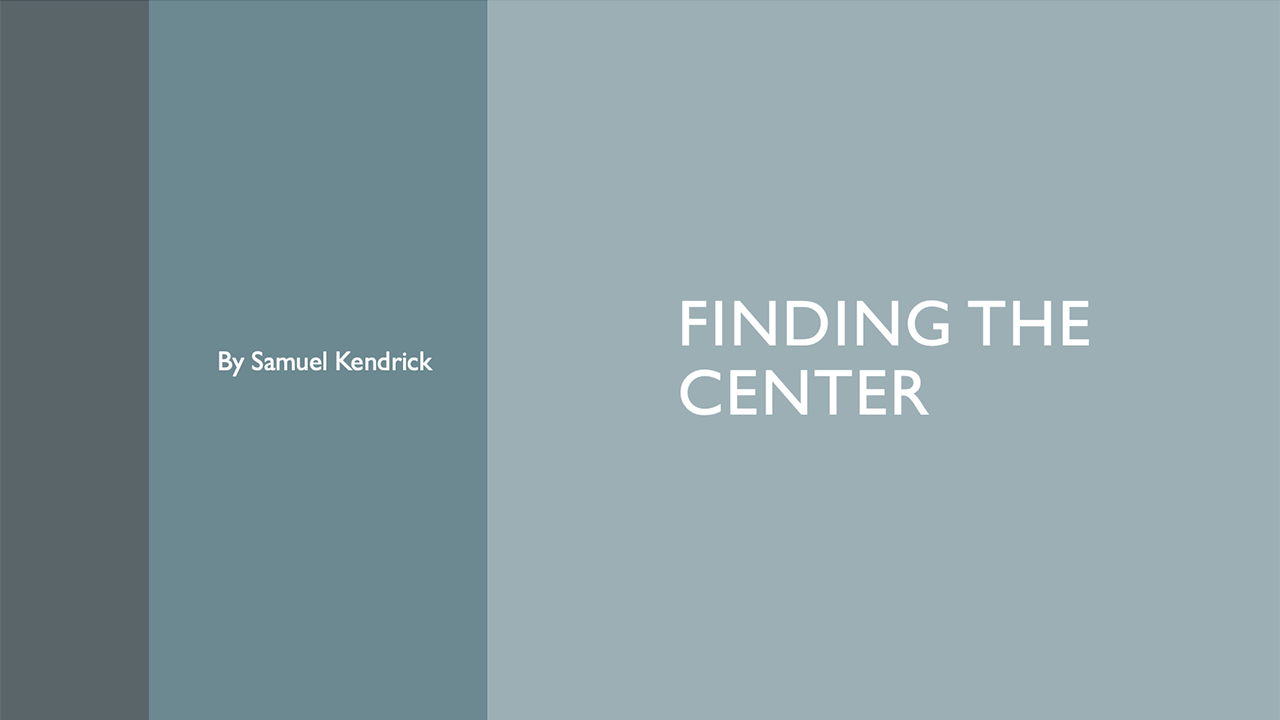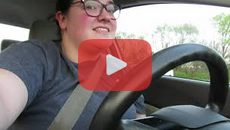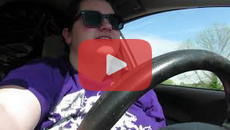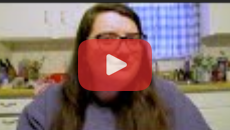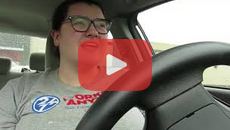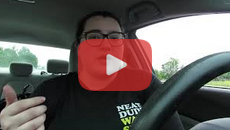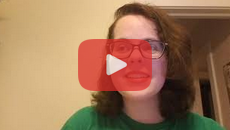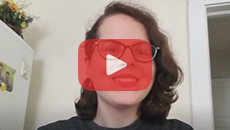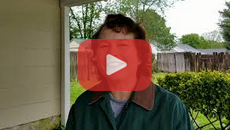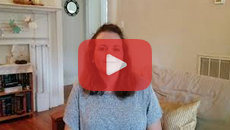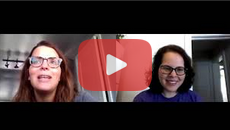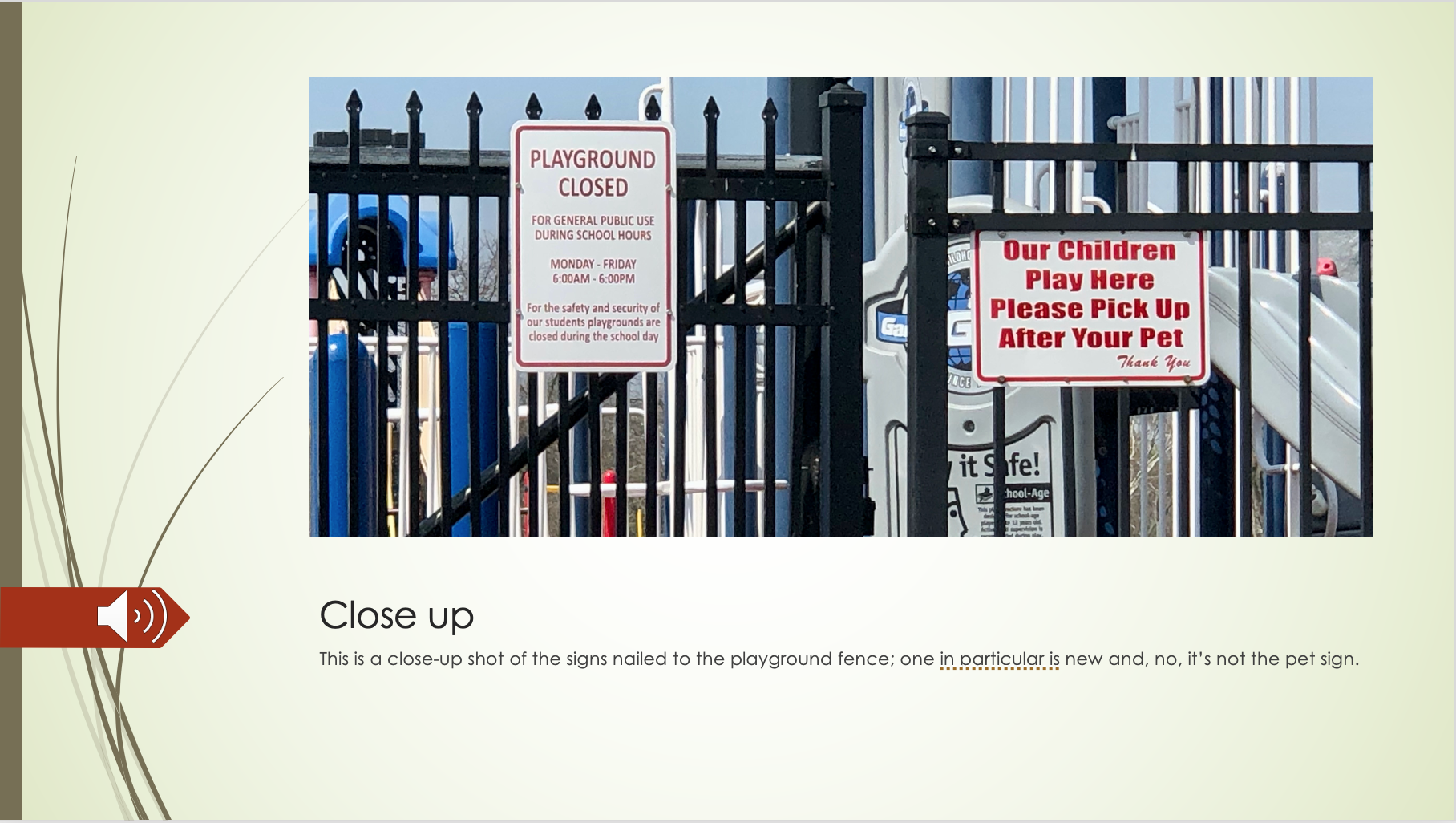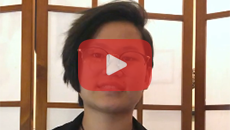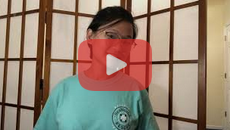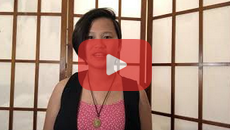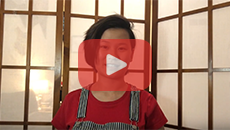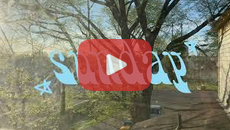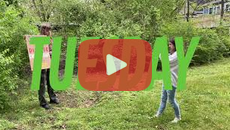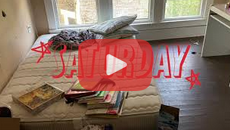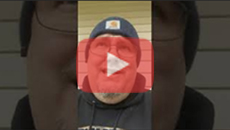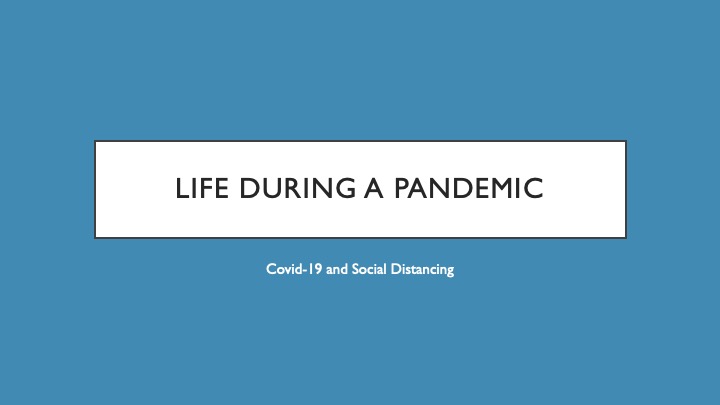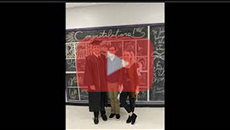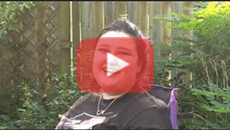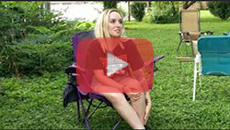Ethnographic Visual Production Course Project
COVID-19 Reflections: A Multimodal Oral History Project
Halfway through our spring 2020 semester, in response to the COVID-19 pandemic, Western Kentucky University extended spring break, transitioned classes to online and alternative platforms, moved students out of dorms, canceled all unncessary travel, brought home students from study abroad experiences, and suspended all research involving direct human contact. As the semester progressed, and in light of Governor Andy Beshear's directives, all non-life-sustaining businesses to in-person traffic were closed down, including our campus. Students, staff, and faculty were asked to complete our semester while sheltering in our homes.
Up to that point in the semester, the students in the Ethnographic Visual Production course had designed three independent research projects, submitted and received approval from WKU's Institutional Review Board to conduct human subjects research, identified key informants and research partipants, began audio-video technical training, and crafted photo-essays for their projects. The students were expected to master audio-visual technology, shoot participant observation footage, conduct semi-structured interviews with their research participants, develop a storyboard, and ultimately craft a short visual ethnography by semester's end, similar to previous semester's outcomes.
Given our inability to continue the intended research, we developed a new plan for
our class. With support from the WKU Archives and WKU historian Dr. David Lee, what you see below is the re-tooling of our course
in an effort to contribute an oral history, reflecting student experiences during
the pandemic. Each student crafted a new project plan for the semester, based on a
set of shared COVID-19 related research questions, skill-set development goals, and
individual preference. This is a curated online exhibition, with the totality of the
materials available at the WKU Archives. Please explore the finished media below.
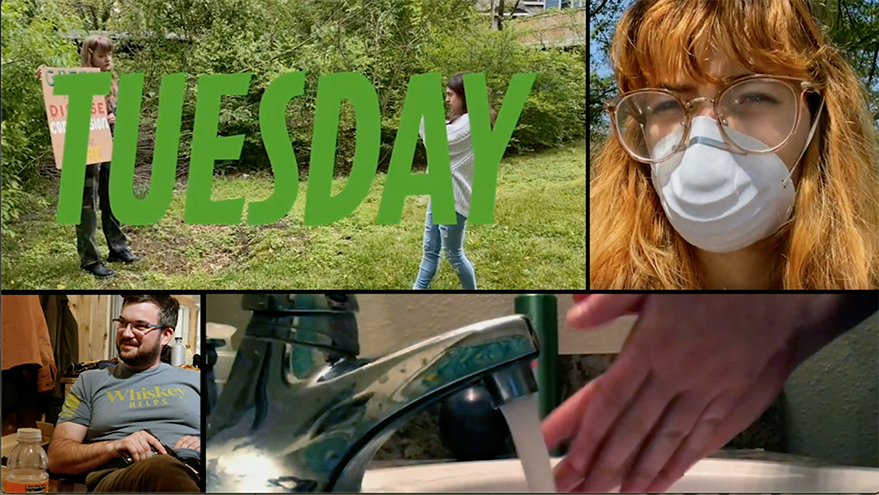
Table of Contents
Multimodal Reflections I
Multimodal Reflections II
Multimodal Reflections III
Multimodal Reflections IV
Multimodal Reflections V
Multimodal Reflections VI
Multimodal Reflections VII
Semi-structured Interview Protocol
COVID19 Timeline
Multimodal Reflections I
Emily is a graduating senior, with a major in Asian Religions and Cultures, with a minor in Professional
Writing and Political Science. Emily has elected to contribute her oral history aural and visual project to the WKU Archives.
Emily's reflections about the class and the Coronavirus disease (COVID-19) Pandemic:
I decided to create video journals for this project because written journaling has
always been an important part of how I document my life. I fill multiple journals
a year with every significant (and sometimes insignificant) moments of my life. It
is how I create my own personal history for myself. So I felt the best way to document
my history for this class during COVID-19 would be sharing an audio/visual version
of my journal. This allows me to share how I have been handling the pandemic both
physically and emotionally. Each journal shows different aspects of my life during
the pandemic such as work, school, health, and creating a physical presence in an
increasingly digital world. Another part of my project includes hand written journal
entries and photographs reflecting on a week of how I try and balance changes in my
work and with school. My goal was to try and take my oral histories down to a more
personal, and unedited level of exactly how I felt and functioned during certain times.
The goal was to share relatable moments with people feeling the same way, show a different
side to people who do not share my narrative, and to create something to remember
these unfortunate circumstances with.
Multimodal Reflections II
Samuel is a graduating Master's student in the Folk Studies program at WKU. Sam has elected to contribute the majority of his oral history aural and visual project to the WKU Archives.
Samuel's reflections about the class and the Coronavirus disease (COVID-19) Pandemic:
This has got to have been one of the oddest semesters that any one has experienced in a long time. Between the pandemic, the rapid readjustments that we had to make, and world seeming like it's gone crazy, there has been a lot to take in. This body of work focused mainly on reactions and how my family in particular has kind of withdrawn into ourselves during this time of isolation. I started with a photographic essay that was focused on the first couple of weeks of the social distancing, and specifically on how we have faired and adjusted during the time. From there I moved to my family’s mad-dash down to Bowling Green, KY and back to get my essentials so I could finish out the semester. A self-interview and an interview with my mother follow that, finishing out with a final photographic essay.
My focus during this body of work has been on how my family adjusted, and how we dealt with what we lost because of it. There have been times that are easier than others and some times that have definitely been harder. These times have forced me to grow in ways that I did nt expect. Zoom meetings have become the norm and despite how much I dislike them, I have had no choice but to adapt.
However, the world has been forced to take a breath with this crisis. It has given people a chance to slow down and be deliberate. Whether or not that happens remains to be seen, but this has been my perspective of the pandemic.
Week Twelve: Oral History Interview
Multimodal Reflections III
Jordan is a junior, with a major in Anthropology and a minor in Biology, with concentrations
in Archaeology, Biological Anthropology, and Cultural Resource Management. She is concurrently earning
a certificate in Geographic Information Systems (GIS). Jordan has elected to contribute her oral history aural and visual project to the WKU Archives.
Jordan's reflection about the class and the Coronavirus disease (COVID-19) Pandemic:
My content was created during the Coronavirus disease (COVID-19) Pandemic, which caused
universities worldwide to switch classes to an online format for the rest of the spring
2020 semester and possibly beyond. My vlogs are meant to act as a substitution for
a multimedia ethnography project for ANTH 449 for the remainder of the spring 2020
semester. For my project, I discussed topics related to my personal life, the perspective
of a college student, social media, propaganda, and death and grieving during this
pandemic. I conducted auto-ethnographic vlog-style interviews of myself discussing
each of these topics over a 5-week period. The content in these videos are my personal
thoughts and in no way reflect the opinions of others unless stated otherwise, such
as social media posts. This project was obviously not what I expected to happen this
semester. However, by doing this and putting myself in a position to reflect on the
prior week’s events, I could look at things from a different perspective than I would
have. I could look at a post on social media or an article and think of something
entirely new. It also made me think back to what I did for the past week; sometimes
I had some actual updates, like work was busy on a certain day or I completed some
assignments or I was productive enough to clean my room or house, and sometimes I
reflected on the same routine every day. I wanted my content to reflect broad themes
that affected everyone’s lives. I hope that my project allows other people to feel
included, and that they might make connections with my perspectives. And also, maybe
they might think about what it means to them and the people around them, especially
since this pandemic is a global disease.
Multimodal Reflections IV
Ariana is a graduating senior with a major in Anthropology and a minor in Folklore, with concentrations in Cultural
Resource Management, Archaeology, Biological Anthropology, and Cultural Anthropology. Ariana has elected to contribute her oral history aural and visual project to the WKU Archives.
Ariana's reflections about the class and the Coronavirus disease (COVID-19) Pandemic:
My hope in creating these vlogs and conducting these interviews, either via Zoom or
sitting across from my interviewees with 6 feet of distance between us, was to get
a range of opinions and experiences during the Coronavirus disease (COVID-19) Pandemic.
I conducted two autoethnographic vlogs based on my personal experiences. For the first one, I focused on day-to-day life experiences. The second autoethnographic vlog, I addressed my perceptions of social media. I also conducted three oral history interviews: one with my mother, and the others with my sisters. My mother’s routine changed very little, apart from when she came to visit, and we could no longer go thrift shopping. However, for my sister Nichoel who works at a Bowling Green company and is used to frequent travel and even recently presented on the Home Shopping Network (HSN), her life has changed dramatically. My other sister, Erika had a baby during the pandemic, delivering her child mid-March. Her interview reflects a patient’s point of view of the hospital experience. Last, my sister Lindsay’s interview provides the perspective of a respiratory therapist during the pandemic. Through these interviews and vlogs, I feel there is a diverse range of female oriented viewpoints, I only wish I could have delved deeper. This pandemic has lasted far longer than I have anticipated, and our opinions have changed drastically over this short period of time. Everything seems to be moving so much faster now, even though it appears the world has stopped.
Multimodal Reflections V
Jennifer is a graduating senior with a major in Anthropology and a minor in Folklore, with a concentration in Cultural Anthropology. Jennifer has elected to contribute her oral history aural and visual project to the WKU Archives.
Jennifer's reflections about the class and the Coronavirus disease (COVID-19) Pandemic:
For this semester’s project, I decided to create a photographic essay and a series
of autoethnographic interview reflections regarding COVID-19, focusing on how this
pandemic has affected me personally. The photographic essay documented the current
community impacts due to COVID-19. These images were mostly taken while I was out
running grocery errands and include photographs of overflowing trash bins at schools
and empty parking lots, playgrounds, and closed businesses. I chose to take photographs
of school trash because it was thought-provoking to me to see that the public was
throwing away all types of waste! It seemed to me that schools had thrown away items
regardless of whether they were in good condition or not. Trash was piled inside and
outside of the trash bins, and it was around for days at a time, potentially posing
a health hazard.
I am a WKU student, but decided to go home to Missouri after the University closed campus. My family and I live near the boundary of two adjoining counties, and I noticed there was a large dichotomy between the two. St. Louis County closed most non-essential businesses, yet St. Charles County allowed businesses to decide for themselves if they were essential and whether to stay open. The other photographs I captured from running errands were in the community or documenting people in parks. Those images were important to me because they show the large number of vacant businesses near my home, and focused on how people were handling the governor's rule of ‘social distancing’ and the ‘shut down’ of businesses that were considered “non-essential.” There are so many small businesses near my home and many of them are shutting going out of business.
Multimodal Reflections VI
Sabre is a junior, with a double major in Advertising and Diversity & Community Studies, with a minor in Nonprofit Administration. She is also pursuing certification in Organizational Leadership and User Experience. Sabre has elected to contribute her oral history aural and visual project to the WKU Archives.
Sabre's reflections about the class and the Coronavirus disease (COVID-19) Pandemic:
My vlogs and oral histories reflect the experiences of college students during the
Coronavirus disease (COVID-19) Pandemic, with a particular focus on how these shifting
circumstances have impacted our individual activist pursuits, mental health, and view
of politics, as well as the international political situation itself. Activism has
had a digital component since the advent of the internet, and arguably has been bolstered
and proliferated like never before through social media channels that make it universally
accessible at some level. However, there has never before been a time when activists
have had to primarily rely on digital means to facilitate organizing. Having to facilitate
and participate in activities in an intangible realm, like the internet, where we
are physically distanced from our comrades, and limited as to what physical actions
we can feasibly take, has reshaped how we approach campaigns, build solidarity and
the movement, and motivate ourselves to keep going. Burnout is much harder to avoid
in isolation, and so I sought to evaluate how our mental health has been affected,
both due to our activist work, and the general situation. The knowledge that these
dire circumstances are hurting everyone across the world, especially vulnerable populations,
is hard to cope with on its own. The added stresses of school, work, loneliness, concerns
about the health and safety of our families and friends, daily responsibilities we
have as living beings, and everything else we are facing only exacerbate our strife.
How do we find light amidst the dark? How do we push forward when the future seems
to hold nothing but death and destruction? How do we keep hope alive in our hearts,
and the hearts of our fellow humans? I believe this pandemic has shown us the importance
of solidarity and togetherness. If we cannot be together in person, we find a way.
Only by helping our own communities and building outside of the oppressive structures
of society can we guarantee true liberation and intersectional equity for all peoples.
Week Eleven: Oral History Interview
Week Thirteen: Oral History Interview
Multimodal Reflections VII
Aaron is a graduating Master's student in the Folk Studies program at WKU. He has elected
to contribute his oral history aural and visual project to the WKU Archives.
The 2020 COVID-19 Multimedia Project was a challenge for me. I was disappointed that
I could not work with my friend and fellow Masters’ student, Sam on our IRB approved
tattooing cultures project. I really wanted to learn how to use audio-video equipment,
and how to edit, and produce a short documentary. However, that was not to be; instead
we had to create a new project using our cell phone cameras. That was a challenge
for me as well because in my “older” mindset, I basically view videos on cell phones
as more recreational or personal use. Additionally, in all honesty, I am not really
a tech guy anyway.
In my first video, I interviewed myself. I sat on my front porch and answered the
class questions related to the COVID-19 pandemic. I used my Google Pixel 3 smart phone
to interview myself and for all of the other images and videos for this project. In
using my cell phone in other contexts, I decided to continue for this project, since
I think it takes good pictures and videos.
I captured images at a few local stores recording visual evidence of the COVID-19
mandates enacted by Governor Beshear. These included vacant shelves at Kroger and
Walmart, restricted entry into Walmart, signs and arrows throughout the store that
dealt with purchases and customer traffic flow. I asked the rhetorical question, “Is
this the new norm?” At that point, I truly questioned it, and I think that I still
do, as long as the is no vaccine or cure for COVID-19.
With my other videos, I decided on recording and or interviewing three of my children
who graduated this spring and summer. That makes four people, including myself, in
my immediate family that have graduated during this pandemic 2020. My seventeen-year-old
son, Jonnie, graduated from Bowling Green High School. My eighteen-year-old daughter,
Gwyneth, graduated from Gallatin High School in Gallatin, Tennessee. My twenty-one-year-old
daughter, Lizzie, graduated from SKY Community College this summer. I thought that
it would be interesting to compare the three graduation ceremonies and experiences.
I thought that it would be unique to compare two different state high school ceremonies,
and a college ceremony.
Subsequently, one video consisted of combining the video footage I shot from Jonnie
and Gwyneth’s ceremonies. I chose to use Video Pad as my editing program. The finished
product was my first edited video. I experimented with combining film and pictures
together to create a united sequence.
Overall, I feel that the next two videos which were interviews of Gwyneth and Lizzie
turned out better. By this time, I figured out how to join the videos. I will admit
that I was intimidated by using any sort of effects on the video. For Gwyneth’s video,
I experimented with angle, which probably looks a bit odd, but it was fun. I used
Video Pad as my editing program for this as well.
This project was very much a learning curve for me. I enjoyed it overall, though I wish we could have worked on our original products. Dr. Stinnett did a great job on figuring out how we could keep our class going despite the changes. This pandemic has provided a unique opportunity to record history. I have seen many other colleges and universities trying to similar projects, but I truly think, WKU and Dr. Stinnett got the jump on everyone! I did learn new skills and enjoyed our classes that we had in person and apart.
Semi-structured interview categories and questions
Over spring break, the WKU Archives sent out a request for students, staff, and faculty
to consider submitting a coronavirus diary for deposit in WKU Archives for future
researchers, since historian Dr. Lee and others discovered there was little information
from the university in the Archives about the 1918 Flu Pandemic. These semi-structured
interview questions were collaboratively crafted by Dr. Stinnett, Dr. Lee, and the
WKU archivists to address the 2020 COVID-19 Pandemic. Students used these questions
as a framework for how to approach their projects, and were encouraged to incorporated
their own experiences in their weekly reflections.
- Are you practicing social distancing? and if so how?
- And have you changed your strategy over time?
- Why do you think some people are not practicing social distancing?
- How has the closing of restaurants/bars/coffee shops and entertainment venues—disrupted your community, if so at all?
- If you can’t get together in the usual ways, how are you replacing that community? Social media? Or something else?
- What changes have you made to your daily lives, if any?
- Do you feel isolated? and if so, do you have any strategies for coping with this change?
- Would you like to add anything else that I haven’t covered?
- Have you or someone you know contracted COVID19?
- If yes, how long did you/they have it?
- If you self-isolated, how hard is/was this process, and what did you do to accomplish this?
- What happened during your illness?
- Do you know anyone who has contracted COVID19? - see above for follow up questions
- When did you first notice the discussion of COVID19?
- Do you feel that government / WKU / society response(s) have been appropriate?
- How has local/state/fed/government responded?
- Would you like to add anything else that I haven’t covered?
- What emotions have you experienced during this time? Any changes?
- Can you give a timeline of events impacting yourself and/or your family/friends?
- How have things changed?
- How have your expectations changed? if at all?
- What do you miss most due to social distancing / self-quarantine?
- What have you been doing during self-quarantine?
- Have you faced any hardships during self-quarantine? if so, what are they and what do you think about it
- Have you volunteered to help people? if so, whom, why and what did you do? What was that experience like?
- Would you like to add anything else that I haven’t covered?
- What are your perceptions of the disease?
- Are you taking it seriously (has this changed overtime)?
- When and how did you first become aware of the virus?
- Are you worried for yourself?,
- and/or for your parents, grandparents, friends, other family members, and if so, how and why?
- How do you feel about the constraints you are now under?
- How has our government reacted to COVID-19?
- At the local, state, and national level? and what do you think about their response?
- How have other governments reacted to COVID-19, and what do you think about their response?
- What can we as a nation be doing better? and what can we as individuals be doing more of/less of?
- Are you aware of any conspiracy theories about COVID-19, what are they, and what do you think about them?
- And how do you think these narratives circulate?
- Would you like to add anything else that I haven’t covered?
- What role is social media playing in this crisis?
- What media platforms and sources are you using? are some more or less frequent?
- How are people (or you) using social media, and has this changed?
- What are you talking about with each other about the pandemic?
- What platforms of information are you relying on for information about the pandemic?
- How are you deciding what’s true and what’s not on social media?
- What impact has social media had on your experience?
- Would you like to add anything else that I haven’t covered?
- What are your perceptions of how the university has handled the transitions related to COVID?
- Do you feel like you've been kept informed?
- How do you feel about being forced/asked to leave the residence halls (if this applies to you, if not what about the other students)?
- How do you feel about all of your classes suddenly being delivered through an alternative means? (Do you all have the computer access they need at home?, if not, how have you navigated this challenge?)
- If you are graduating or know graduating seniors, how are you/they reacting to the postponement of Commencement and other senior year celebrations?
- Are you concerned that the quality of your education has been seriously compromised?
- What about experiences our international students are having?
- Anything else that is a concern?
- Would you like to add anything else that I haven’t covered?
COVID-19 TIMELINE(selected)* during the Spring 2020 Semester
Given the uncertainty of how the COVID-19 pandemic would unfold over the semester, this timeline allows for retrospective contextualization of events that took place when the Ethnographic Visual Production students were crafting their reflections, framed within our Spring 2020 semester. In selecting specific events to include in the timeline, Dr. Stinnett endeavored to include relevant information to reflect global, national, and local parameters, compiled from a number of sources* with overlapping information. The text in red reflects actions taken by the WKU administration, directly impacting students' experiences.
Pre-Semester
The week before classes started on January 21, 2020, the United States announced its
first confirmed coronavirus case in Washington state.
On January 23, Wuhan, a city of 11 million people, was placed under quarantine.
Week One
The WHO declared the outbreak a global public health emergency as more than 9,000 cases were reported worldwide, including in 18 countries beyond China.
First cases of limited human-to-human transmission were reported outside China
7818 total confirmed cases worldwide
14,380 confirmed cases in China, the death toll rose above 300
Week Two
The first coronavirus death reported outside China
The Diamond Princess cruise ship was quarantined in Yokohama with about 3,700 people onboard
Total cases in China 31,161, with 636 deaths. Outside mainland China, cases at 310, with 2 deaths
The first U.S. citizen died from COVID-19 in Wuhan, China
Week Three
The death toll of victims from the 2019-nCoV is over 800, surpassing the death toll of the SARS epidemic in 2002-03, which killed 773 people.
The WHO assigns the novel coronavirus its official name: COVID-19
Overall reported death toll from the outbreak reaches over 1,000.
Egypt confirmed its first case, representing the first case on the African continent
The Chinese government issued an extension of the order to shut down all non-essential companies, including manufacturing plants, in Hubei Province.
Week Four
The death toll from COVID-19 surpasses 2,000.
Iran reports five cases of COVID-19 in two days, two of which resulted in death. These are the first deaths from COVID-19 in the Middle East.
Taiwan confirmed its first death from COVID-19
In the US, only three states were capable of testing for the corona virus: California, Nebraska, and Illinois.
Week Five
South Korea raised to the highest level of alert after the country surpasses 340 cases of COVID-19, which resulted in restricting public transportation and banning visitors.
Cases of COVID-19 in Italy continued to rise in what would become one of the largest outbreak outside of Asia
The U.S. stock market plummeted over coronavirus fears
The WHO raised the global risk of spread of COVID-19 from “high” to “very high."
The first recorded coronavirus death in the U.S.
Week Six
Italy issued a national quarantine for the entire nation as confirmed cases surpassed 5,800 and more than 230 people died from the virus.
New York, Governor Andrew Cuomo announces the state's first reported case of COVID-19, followed by Nevada, Colorado, Tennessee, Maryland, Hawaii, Utah, Nebraska, Kentucky, Indiana, Minnesota, Connecticut, South Carolina, Pennsylvania, Oklahoma, Virginia, Kansas, Missouri, and Washington, D.C.
WKU Provost university wide announcement regarding COVID-19, preparing students, faculty, and staff for the possibility of shifting strategies for the semester
Week Seven : Spring Break
Over 100 countries reported cases of COVID-19.
The WHO declared COVID-19 a pandemic
Trump declared a national state of emergency
Spain recorded a spike of nearly 2,000 new cases and enacted a partial lockdown restricting people from leaving their homes unless to go to work, the pharmacy, or a hospital.
The WHO said the EU “has now become the epicenter” of the pandemic, with more reported cases and deaths than the rest of the world combined, beyond China.
WKU announced the activation of COVID-19 mitigation plans, including extended Spring Break, alternative course delivery, and suspending all non-critical travel
Week Eight : Extended Spring Break
The U.S. CDC released guidelines recommending "that for the next 8 weeks, organizers (whether groups or individuals) cancel or postpone in-person events that consist of 50 people or more throughout the United States"
For the first time since the beginning of the outbreak, infections and deaths outside China surpass those within China.
The Kentucky Derby was postponed until September, along with several other major sporting events, including soccer’s 2020 European Championships.
Coronavirus cases in New York State, the hardest-hit in the U.S., surpassed 10,000
WKU announced continued course instruction delivery via alternate formats through the end of the spring semester, with no face-to-face instruction or activities occurring for the remainder of the academic term. All students were encouraged to go home, with move-out plans forthcoming
Week Nine
Senator Rand Paul, R-Ky., became the first known senator to test positive for coronavirus.
Stay at home orders issued for West Virginia, Washington, Michigan, Massachusetts, Vermont, Minnesota, Idaho, Montana, North Carolina, Utah, following California, Ohio, and other states.
U.S. coronavirus cases surpassed China. The U.S. reported at least 82,474, with more than 1,100 deaths
WKU complies with Gov. Andy Beshear's order to close all non-life-sustaining businesses to in-person traffic, and closed down all campus locations. IT services highlighted parking lot internet hotspots.
Week Ten
Global death toll from COVID-19 surpassed 30,000
Virginia and Arizona announce stay-at-home orders, followed by South Carolina and Maine, Pennsylvania, Florida
6.6 million Americans filed for unemployment benefits
The White House and the CDC recommended Americans wear cloth face coverings in public to prevent the spread of the virus.
The total number of coronavirus cases in the United States climbed to more than 300,000, as the number of deaths nationwide topped 8,000
WKU announces all summer classes to be taught virtually
Week Eleven
The COVID-19 death toll in Europe surpasses 50,000, the U.S. surged past 10,000, and around the world surpassed 100,000
China lifts its lockdown on Wuhan
The United States records over 2,000 deaths in one day — the highest death rate recorded for any country during the pandemic
WKU announced the Families First Coronavirus Response Act for faculty, staff and student workers, and the reshaping of Commencement celebrations
Week Twelve
New York state’s coronavirus death toll surpassed 10,000, with the U.S. leading all countries in reported deaths with 36,734
The number of global COVID-19 cases surpasses 2 million
The U.S. Department of the Treasury announced that about 80 million Americans will begin to receive their coronavirus/stimulus payments
President Trump encouraged anti-lockdown groups in a series of tweets calling to “liberate” Minnesota, Michigan and Virginia
WKU announced a shift to P/D/F grading for Spring 2020
Week Thirteen
The U.S. death toll from COVID-19 passes 50,000 and the death toll in Europe from COVID-19 surpasses 100,000
President Trump temporarily suspended immigration to the United States
Hundreds of protesters gathered at state capitols in North Carolina and Missouri to protest stay-at-home orders.
Tyson Foods suspended operations at an Iowa pork processing plant
Hundreds of Amazon tech and fulfillment center employees called out sick, rallying virtually to protest what they say are unsafe and unethical working conditions
China announced that there are no remaining coronavirus cases in the hospitals in Wuhan
WKU announced four Restart WKU Committees reporting to the COVID-19 Task Force, and an update for Commencement celebrations during Parent and Family Weekend in September 2020
Week Fourteen
The total number of global coronavirus cases topped 3 million
Tyson Foods said "millions of pounds of meat" will disappear from the national supply chain as the coronavirus outbreak forces food processing plants to close
The number of coronavirus cases in the United States surpasses 1 million — accounting for one-third of the cases globally. The number of Americans killed by COVID-19 surpassed 58,000. At this point, more Americans had died from the disease than were killed in the Vietnam War
South Korea reported no new domestic virus cases for the first time since February, according to the Korea CDC
Protesters carried guns and at least one Confederate flag to the Kentucky Capitol to rally against Gov. Andy Beshear's stay-at-home order and his phased approach to gradually reopening the economy. Similar protests were also held in Ohio
WKU announced the Coronavirus Aid, Relief, and Economic Security (CARES) Act for students
Week Fifteen : Last week of classes
Singapore continued to see a rising number of cases. The city-state recorded 18,778 confirmed infections, among the highest caseloads in Asia.
Around 3 million more workers filed for unemployment benefits for the first time last week, down slightly from 3.8 million the previous week
A federal court halted the Kentucky Gov. Andy Beshear’s temporary ban on mass gatherings from applying to in-person religious services, clearing the way for Sunday church services.
The U.S. Food and Drug Administration announced emergency authorization for an antigen test with fast results developed by Quidel Corp. of San Diego
Week Sixteen : Final Exams
Confirmed coronavirus cases around the world surpassed 4 million, with the number of deaths from COVID-19 surpassed 300,000 globally
China reported its first double-digit rise in new cases in 10 day
WKU announced Housing and Dining Credits for the Spring 2020 Semester
* these data were compiled from the WHO Situation Report, and the WHO Newsroom, NBC News, Devex.com, The Washington Post, The New York Times, and WKU's COVID-19 site.
237 Ivan Wilson Fine Arts Center | Potter College of Arts and Letters | Western Kentucky University | 1906 College Heights Blvd. #61029 | Bowling Green, KY 42101-1029 | Email: fsa@wku.edu | Phone: (270) 745-6549 | Fax: (270) 745-6889
Some of the links on this page may require additional software to view.


